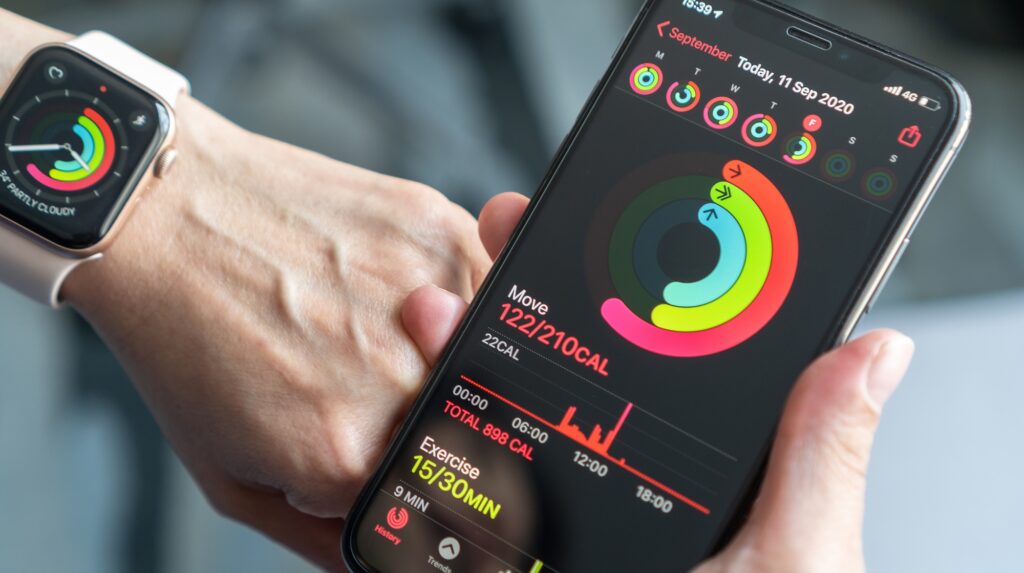World Heart Health Month 2024: Key features of Apple Watch to track your cardio fitness
February is observed globally as World Heart Health Month. This year, the Heart Failure Society of America also celebrates Heart Failure Awareness Week from February 11-17. The campaign aims to raise awareness about cardiovascular health and diseases. Cardiovascular diseases are the leading cause of death worldwide. Unhealthy lifestyle habits like lack of exercise, smoking, and poor diet are major risk factors.
Apple Watch has useful features to monitor heart health and promote physical activity. It can help users track their cardio fitness levels and detect any heart-related issues. The Watch uses sensors to measure heart rate continuously. It can detect abnormal rates both high and low. Users will get notifications if rates are above or below set thresholds.
The Watch has a ‘Cardio Fitness’ feature. It estimates VO2 Max, the maximum amount of oxygen the body can use during exercise. A higher VO2 Max indicates better cardiovascular fitness. The score is based on age, sex, and heart rate during workouts. It is considered a strong predictor of health risks. Users can check their cardio fitness level on the Health app and track progress.
The ECG app allows users to take an electrocardiogram right from the Watch. It records electrical pulses from the heart for 30 seconds. The reading is classified as either AFib, sinus rhythm, or inconclusive. Any symptoms during the reading can also be noted. This data provides essential heart health insights to share with doctors.
The watch also records the history of Arterial fibrillation (AFib). AFib is a heart condition that increases stroke risk if not controlled. The History tracks estimated weekly time spent in AFib and lifestyle factors that impact it, like exercise, sleep, and weight. This helps users and physicians manage cardiac health better.
Apple Watch effectively leverages its sensors and apps to monitor the heart. The features provide useful data for improved awareness of heart fitness and detecting issues. This helps users adopt healthy habits and stay on top of any cardiovascular concerns in consultation with their doctors.

